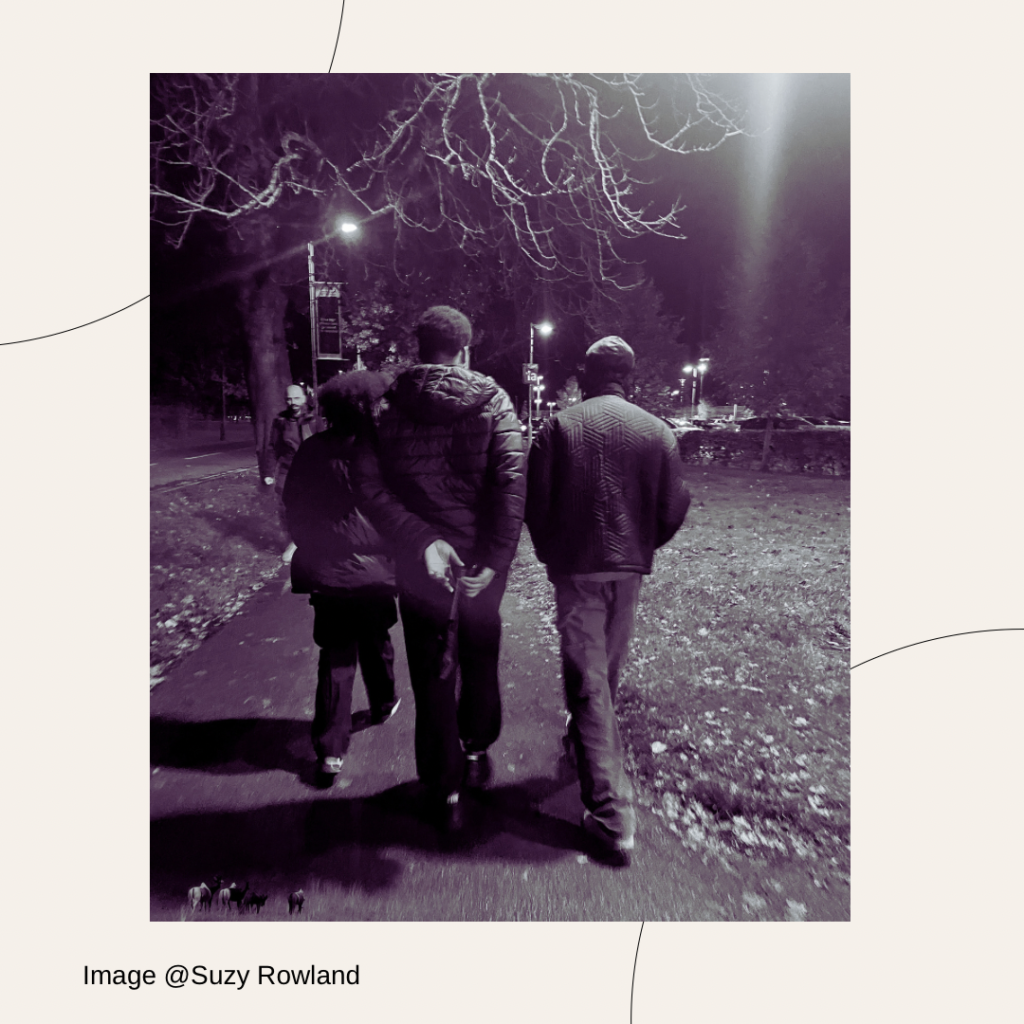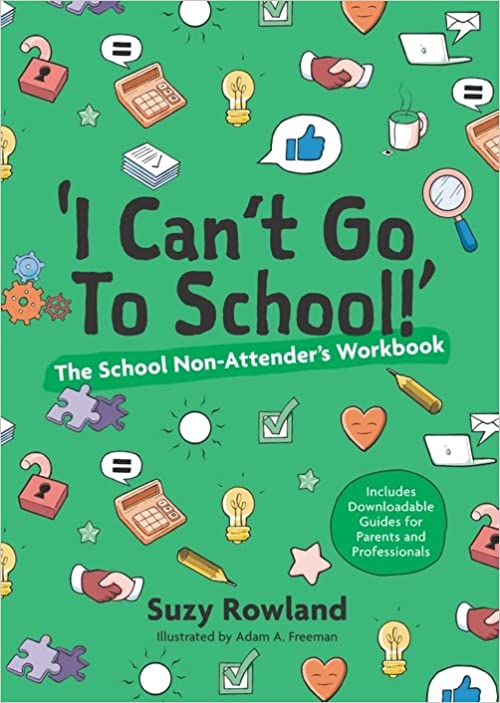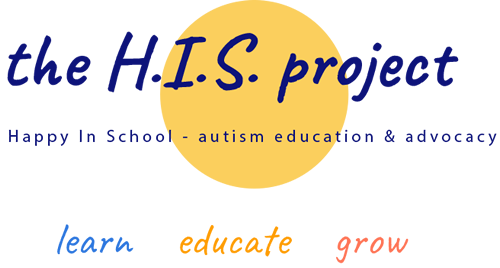Children not attending school is a highly emotive subject. Part of the lexicon of modern parenting we didn’t plan for. Story books of old show mums waving kids off to school wrapped in a scarf and intact self-esteem. it seem laughable now, parental anxiety is tangible. Children’s psychological safety is slowly eroding, especially if the young person is perceived as different in some way. As the world around them implodes with wars, sketchy politicians, novel viruses and the wheels of antisocial media turn faster with violent, degrading, unobtainable beauty standard content. they walk heads down in their own private angst.
The school building offers respite to some and greater angst to others, a scratchiness in competitive camaraderie, burned out teachers, wide-eyed with stress or moving slowly to avoid tipping themselves or their pupils into angry outbursts. So many children who are bright, but unable to access the curriculum as it setting that it is currently delivered. Does inclusion mean teaching all children in an adapted way, how do I do that, they’re all so different? It’s week four and the we need to move onto a new topic. Some girls sitting quietly at the back, either not willing or unable to contribute to the lesson. Mum says she cries and meltdowns when she gets home at the end of the school day. It’s hard to belive – she seems fine to me.
Why am I feeling so responsible as a parent for my child’s behaviour in school, I feel like I don’t want to participate as they don’t listen to me anyway…..they say that I’m causing my daughter to feel anxious…two perspectives two halves of the same issue, everything in that situation is circling into a dark pit of despair. The pain and frustration is felt equally by educational professionals and families of children who are struggling in school.
Reading University campus students
What does the future look like for them after graduating? What was their experience of school like.? I was walking behind them after an event at my alma mater and curiosity tingled in my head as they sauntered from campus after their lectures, deep in conversation. Future leaders, innovators, employers – I silently wished them well.

Listening to many parental accounts in my work as founder of #happyinschoolprohect, I perceive that thousands of children are inadvertently falling into a chasm of deep misunderstanding, teacher burnout, insufficient teacher training and limited compassion reserves. I can sense the bottled up tension of school staff when we discuss specific children and how we can better support their learning. Small changes, adjustments don’t need to cost a lot of money, I reassure. Can we look at that from the child’s perspective? Do we have a good relationship with the parents, what is the senior leadership team’s opinion on this exclusion, taking into account that this young person has an education health and care plan…?
Inserting compassion, perspective, genuine partnership working, dynamic parental engagement and opportunities for career progression and distributed leadership are some of the strategies I gently suggest
TV programmes like helping our teens, A Kind of Spark are helpful providing all of us with deeper insight into school life from the viewpoint of a 14 year old, with additional learning needs but not necessarily. As a parent you can still feel very alone.
It is hard to avoid politics in conversations about education. Schools are encountering real financial challenges in both the way. they are funded and the development of school architecture and governance, Recruitment, staff retention, training and access to support professionals present additional challenges. The story of the forgotten thousands only looks is not all gloom however. I invite you to cast you eye back over my photo and ponder. the attractiveness of the teaching profession. Those entering it now will have experienced much evolutionary change in theri lifetimes, they can’t help but offer new perspectives, approaches and idea. They may have experienced time away from school themsleves, or witnessed the hardship their parents faced due to having to stay at home to take care of a child out of school.

I Can’t Go To School!
I am reminded of the value (depends on where you sit 🙂 of bringing your whole self to work and the benefits to companies of people who feel well-regarded, listened to and accepted at work. Imagine a scenario where we encourage young people to bring their whole selves to school? Their special interests, their passions, fears, their uniqueness and curiosity? Rather than being told off for calling out, they are encouraged to share thoughts, ideas, Perhaps a portion of the lesson could be designated “off-curriculum” areas – for children who love breaking and making things, they are taught basic engineering, crafting design. Elements of pure curriculum subjects are taught alongside, spelling is not the primary goal, assistive technology is used to enable learning not because. they are ‘less than’.
My book I can’t go to school is designed to encourage conversation between teachers, SENCOs and parents, to open up discussions around the school experience for young people. A way for all of us to pivot the narrative active listening, and taking small steps towards problem-solving in the macro, which is clearly not possible. How can we collaborate in this highly challenging environment is a good starting point and helps us all direct our energies constructively.
© Suzy Rowland
